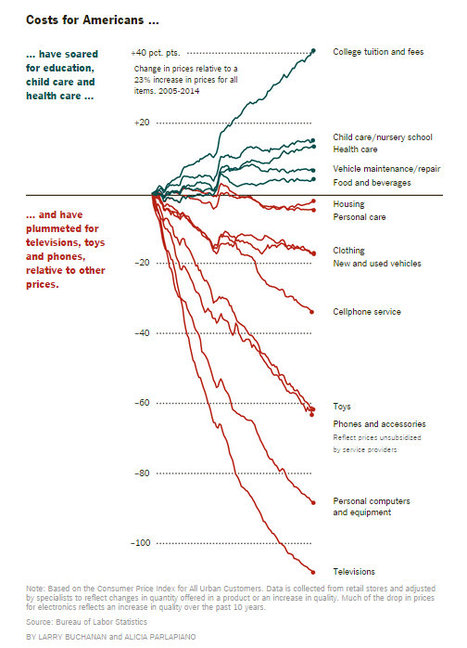(p. C7) In Mr. Stewart’s telling, the central tenets of “philosophical radicalism” worked their way into the Declaration of Independence and the Constitution by a kind of ideological stealth. When, for example, Jefferson referred in the first paragraph of the Declaration to “the separate and equal station to which the Laws of Nature and of Nature’s God entitle” a nation, he wasn’t just offering a palatable conception of deity to his religious or nominally religious readers. He was drawing on a radical tradition stretching back to John Locke and especially to the Dutch rationalist Baruch Spinoza, who himself had drawn on the ancient Greek philosophers Epicurus and Lucretius.
For the full review, see:
BARTON SWAIM. “How Radical Were the Founders?; Was America’s revolution driven by political philosophers, or practical men reacting to events?” The Wall Street Journal (Sat., July 26, 2014): C7.
(Note: the online version of the review has the date July 25, 2014, and has the title “Book Review: ‘Nature’s God’ by Matthew Stewart & ‘Independence’ by Thomas P. Slaughter; Was America’s revolution driven by political philosophers, or practical men reacting to events?”)
The book discussed in the quoted passage is:
Stewart, Matthew. Nature’s God: The Heretical Origins of the American Republic. New York: W. W. Norton & Company, 2014.

